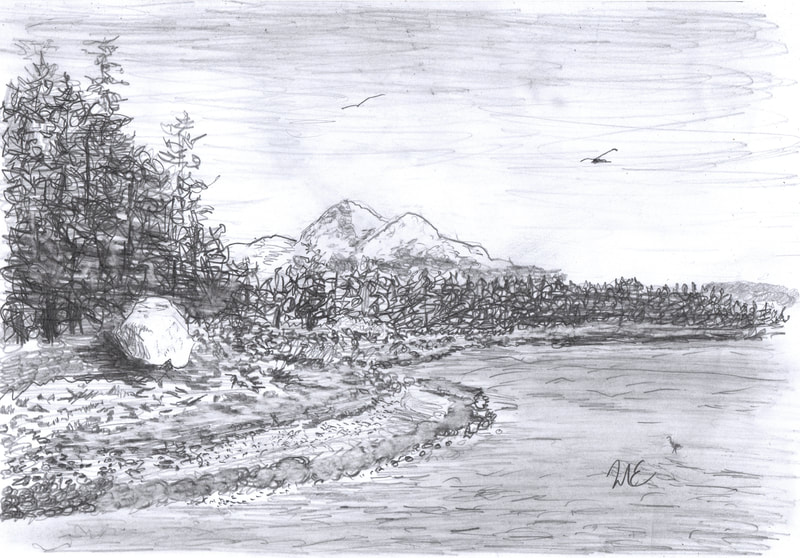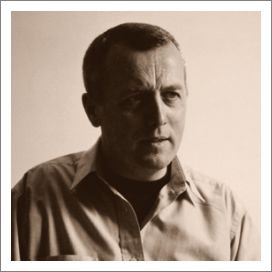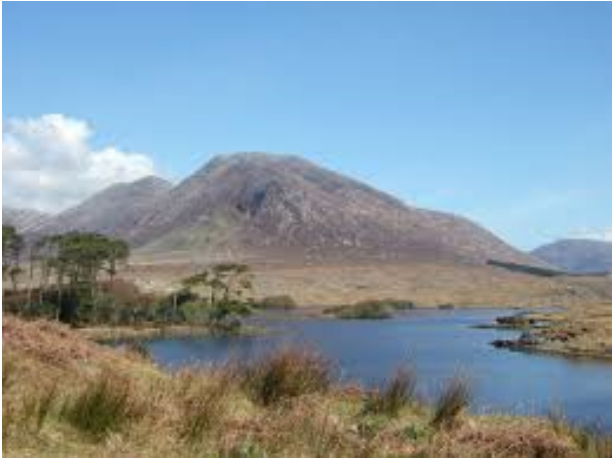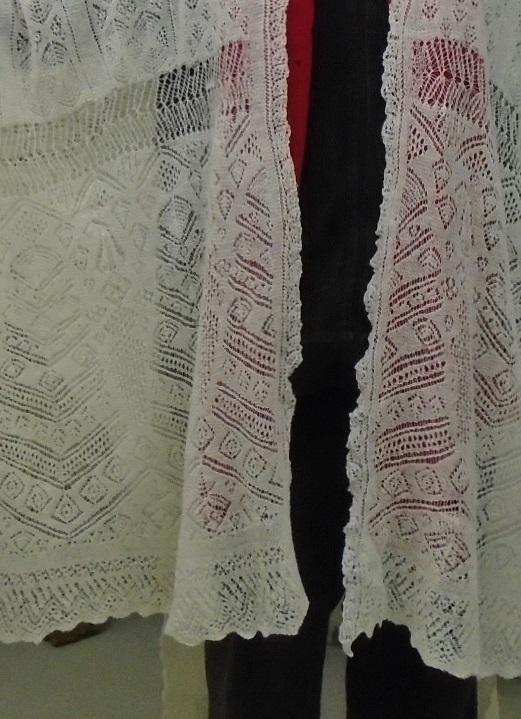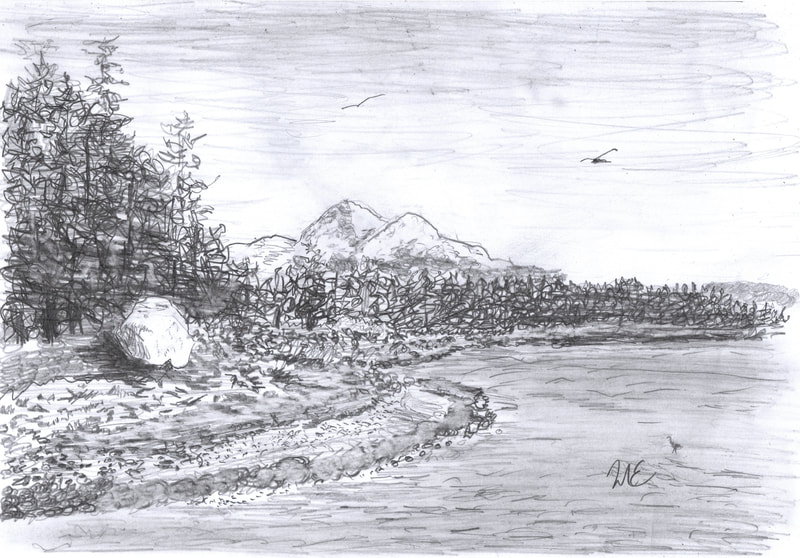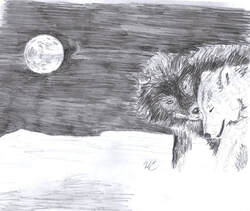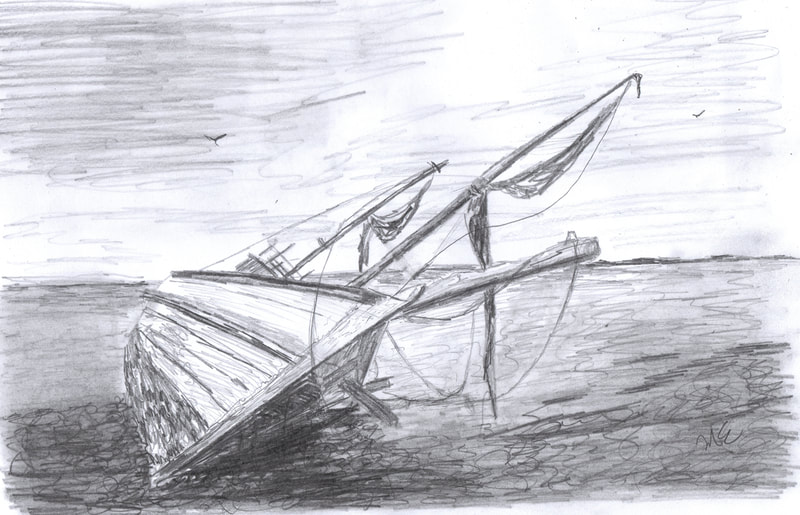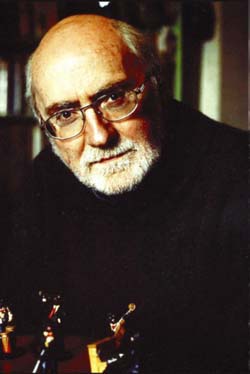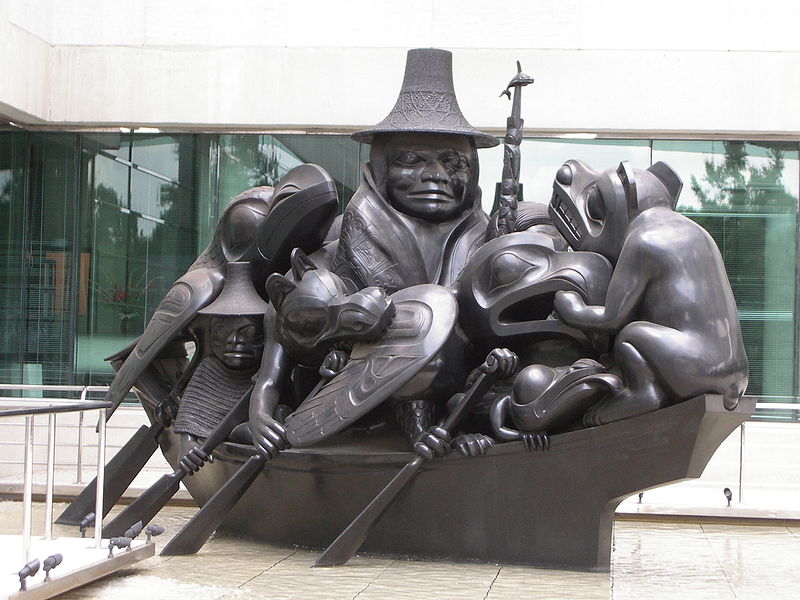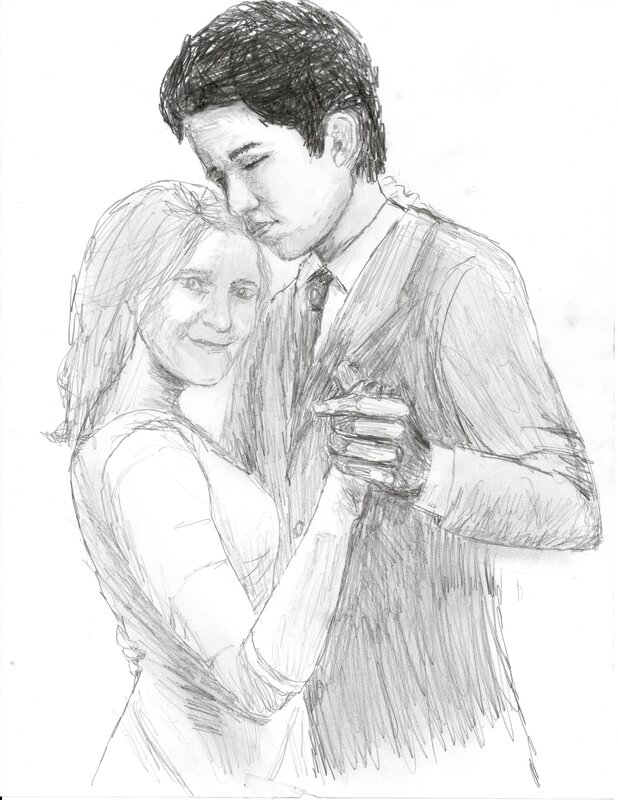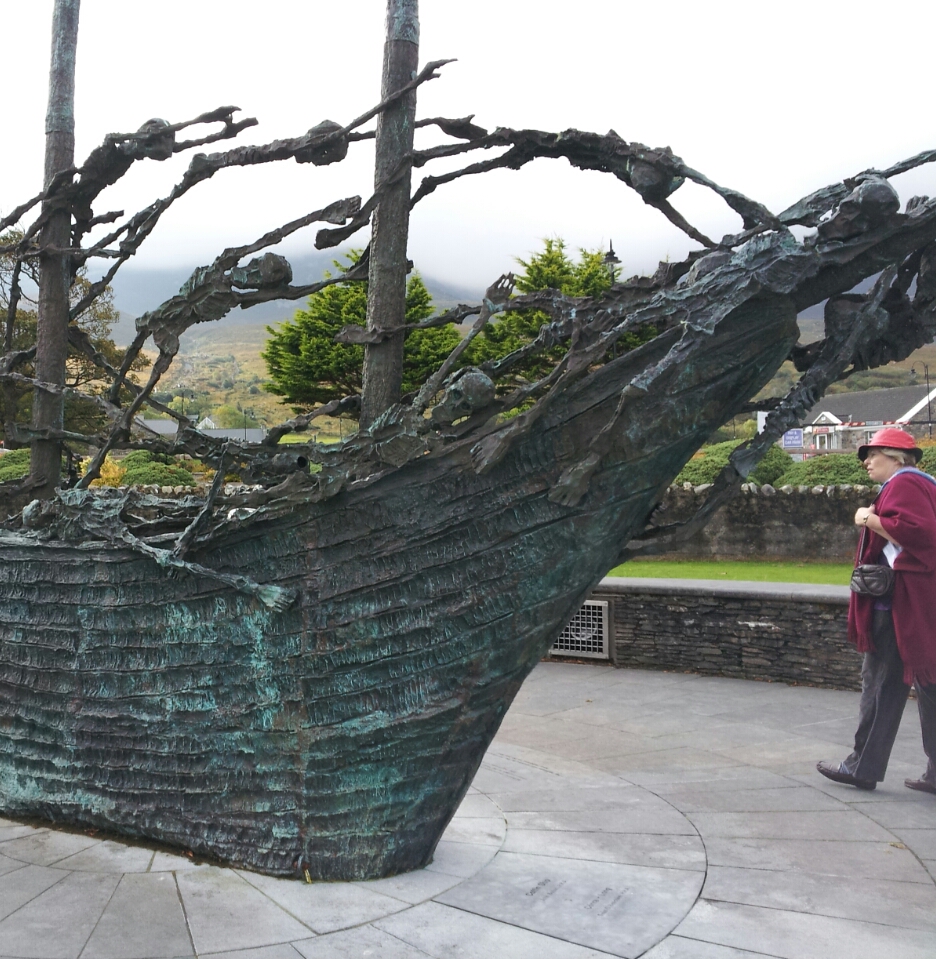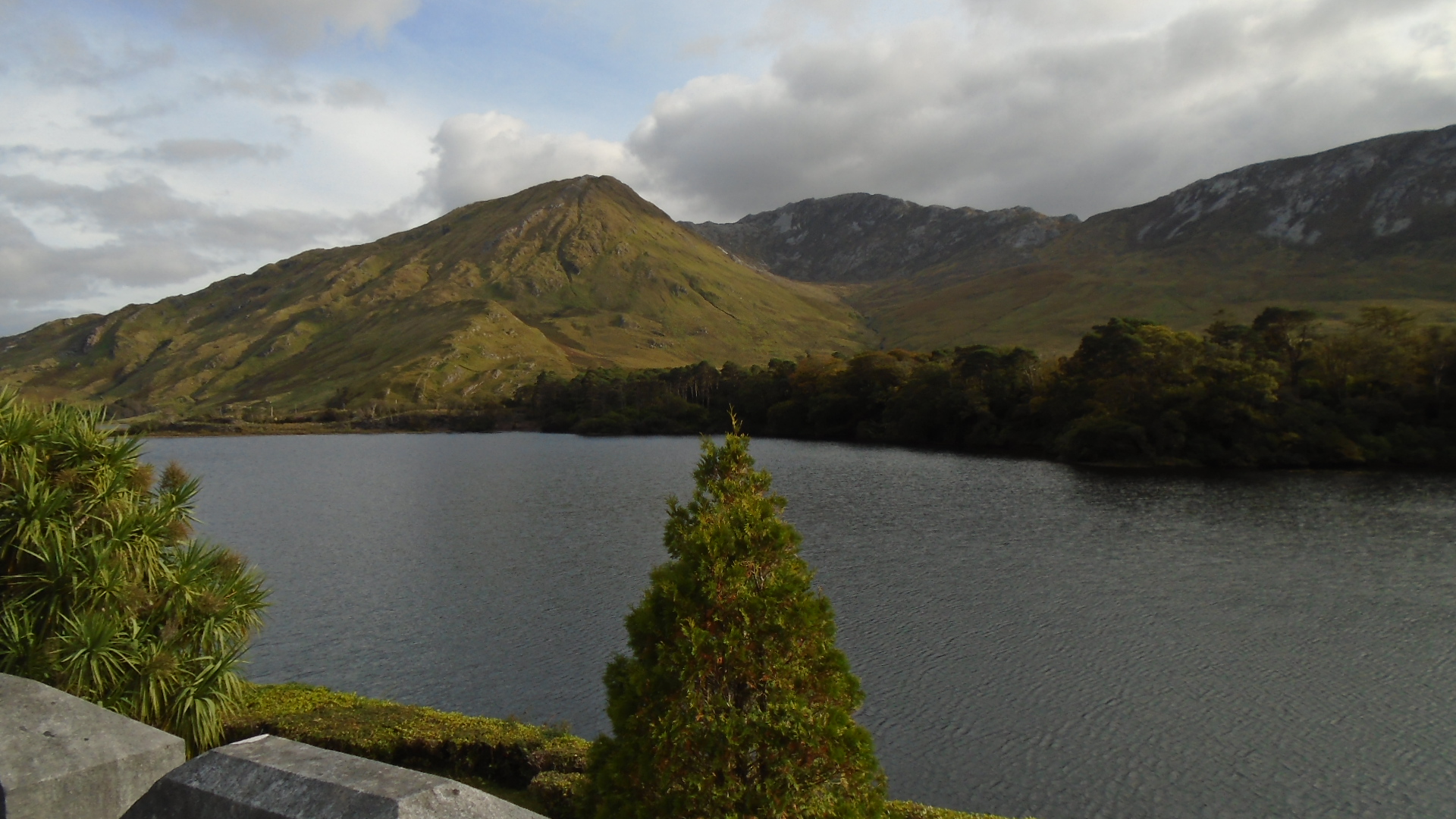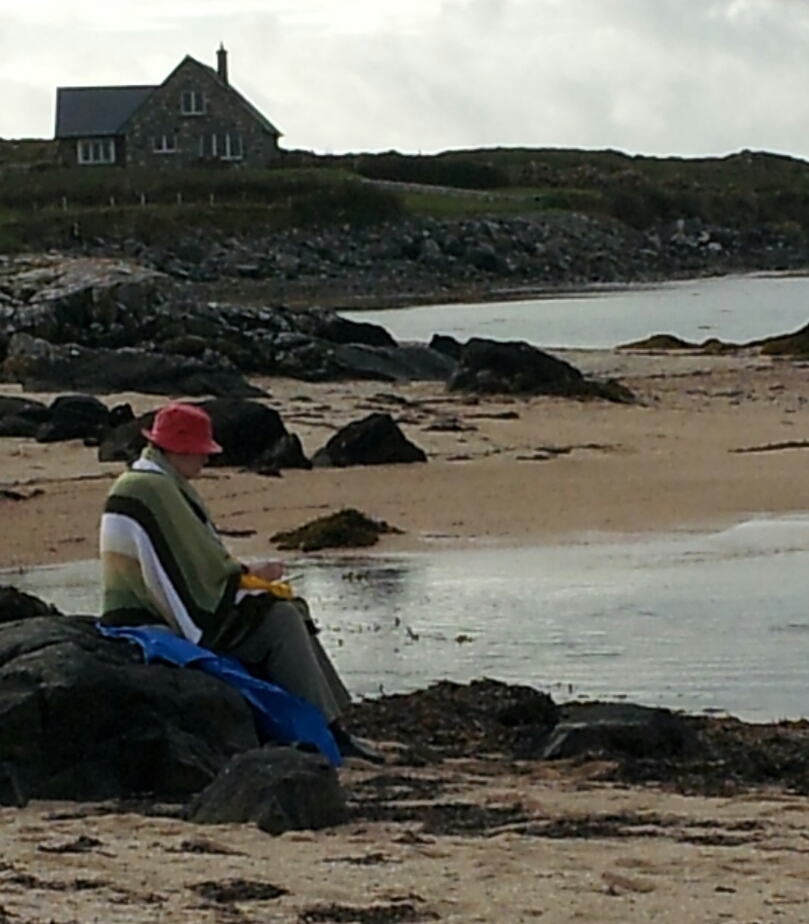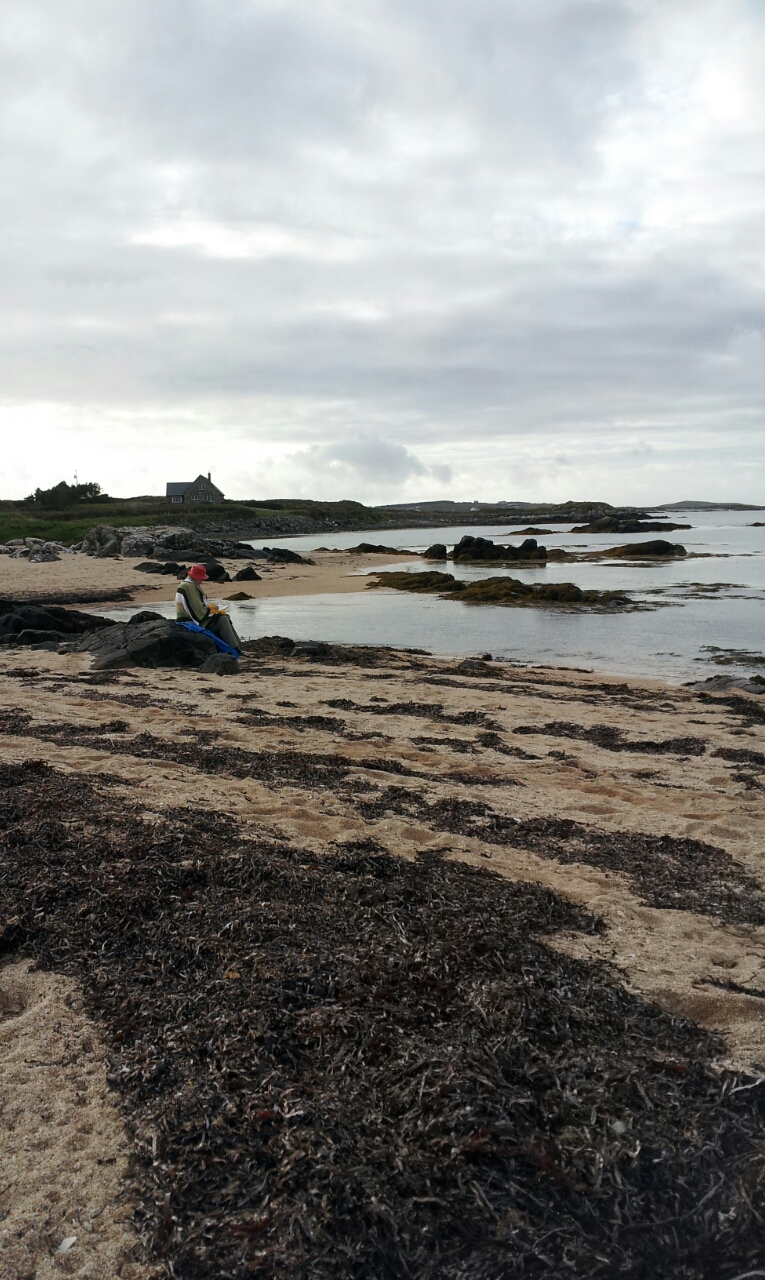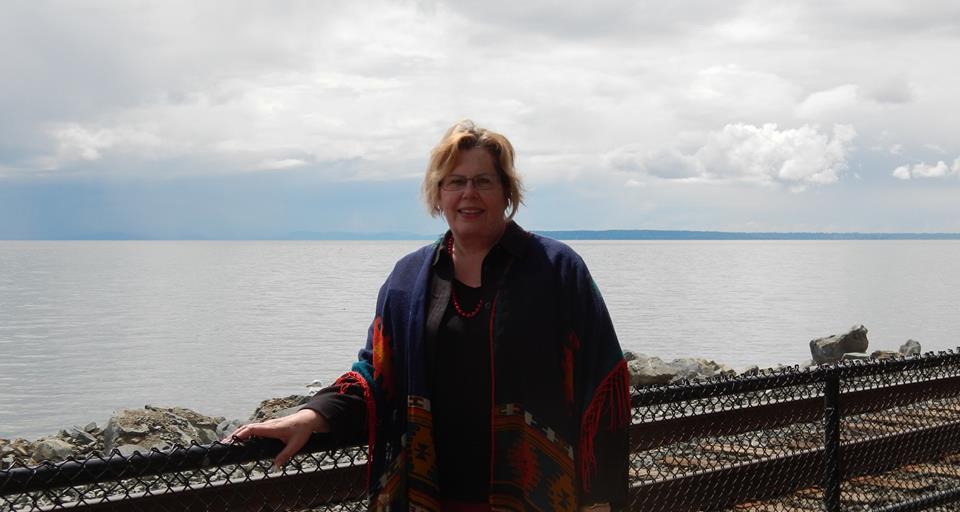October 2015
|
Here I am. Ireland! Wow. First leg of my journey into the unknown. Journey into what? It is the season of the world less traveled? Not only the pavement but the inner journey. As I sit here on this comfortable chair in the Renvyle Lodge, Connemara, (a long ‘a’ like (m)are – a, as I was so politely corrected) I am assessing my position. I’VE DONE IT. I HAVE BEGUN.
Before leaving White Rock I had been terrified something would occur to prevent my going. But it didn’t. I’m away. Here I go! I’ve off-loaded my possessions. Condo – gone. Car – gone. Furniture, dishes – gone. Everything but the one suitcase up in my room. I’ve escaped the fear/lethargy. Ahhhhhh. In the assessment I now reflect: I am homeless – homeless in the sense of an address. But I don’t feel alone. Or homeless or groundless. I am grounded in the faith this is the thing I need to be doing. I’ve let go to the experiences imagined, the pre-planning control, the expectations, the worry of no control. Just bring it ON! To be perfectly honest, I really don’t feel it is a beginning either. It is merely and simply the next step in my life. I can’t even think of it as a path, with edges or direction. It just is what I am doing, thinking, feeling, hearing right now. I went walk-about before and ended up in Oban on the west coast of Scotland, back in the early 70’s, for the winter. But let me put down here now that I cannot comprehend the idea of ‘going back’. Actually, that seems like a ridiculous concept. Even if you go back to a previous physical place, the person returning cannot possibly be the same person. You have, or I have, collected experiences since I was there last. I understand some more (please never let me say ‘fully’) things I didn’t understand before. I’ve met people, plants, animals, oceans, winds, music that have influenced me. Whether or not I can even articulate, name or even notice those influences, they got absorbed and have created, added-to, that make up the ‘me’, that is in this moment for better or for worse, using the eyes I am seeing through, tastes, smells, thoughts, emotional responses. So here I am walking-on in the universe. |
|
I walk for another, who cannot speak
I speak for another, who cannot walk in her own homeland, a long time ago And walk ‘til I understand I can be her for now, Listen to her silenced lips Now that I’ve seen in this ship that shared nightmare, destiny |
Oh But it is So Beautiful
I actually took off my shoes and socks, rolled up my pants legs and walked in the Ocean. It was only October. And it was awesome.
